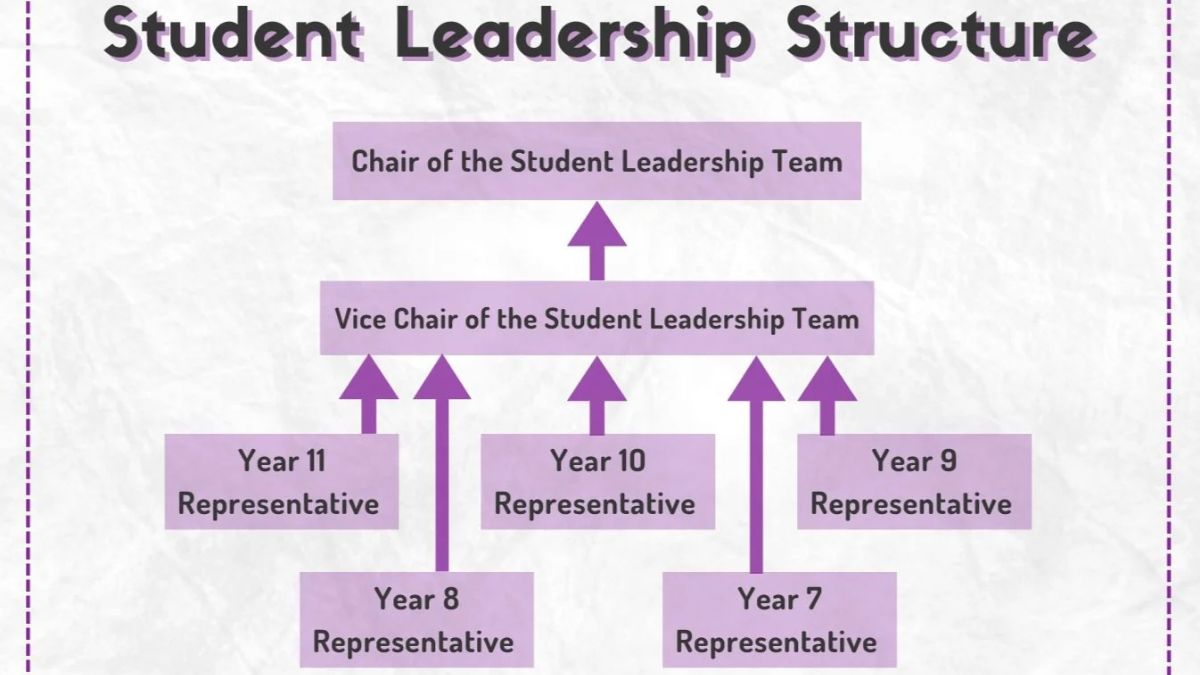In today’s time, the structure of higher education institutions (universities and colleges) is not limited to just books and classrooms. Here, the role of active participation of students, leadership ability and dialogue with the administration has also become equally important. “Student Government” in universities is a system that gives students the right to raise their voice and be a part of the decision-making process. But the question arises that when the power and authority of the administration comes to the fore, what is the real power of the student government? And can it stand equal to the administration?
What is student government and why was it needed?
Student government is a representative body elected by the students in any college or university. Its job is to convey the problems, needs and ideas of the students to the administration and influence the decisions in their interest.
Like hostel facilities, fee structure, quality of canteen, security, educational activities and cultural programs – all these are issues on which the student government can have a direct impact.
This was needed because students’ voices were often suppressed in larger administrative structures. Student government acts as a “bridge” that establishes a dialogue between students and the administration.
The real power of administrative authority
The administration of any university is the biggest center of high-level decision making. The Vice-Chancellor, Deans, Directors and other officials make policies and implement them.
The administration has financial authority, the right to make rules and the power to maintain discipline.
This is why no matter how active the role of the student government is, the final decision often rests with the administration.
Balance of power: Collaboration versus conflict
The relationship between student government and administration often goes on two paths – collaboration and conflict.
When both parties work together, better policies are made for the students.
But when the student government opposes any decision of the administration, such as a fee hike or a change in hostel rules, it creates a situation of conflict.
Many times it reaches to protests, sit-ins or campus politics.
Where is the real power of student government?
Student government does not have as much power legally as the administration has, but its real strength is the “support of the student community”.
If thousands of students raise their voice against a decision, it becomes difficult for the administration to ignore it.
Student government not only unites the students but can also draw the attention of the media and society.
This is the reason that many times the pressure of student government forces the administration to reconsider its decisions.
Politics and leadership development on campus
Student government is not limited to campus decisions only. It teaches students lifelong skills like leadership, management and communication.
Many big national and international leaders of today start their career from student politics.
It gives students an opportunity to understand how democracy works and how important it is to participate in collective decision-making.
Challenges: Difficulties faced by student government
Although student government is considered the voice of students, it faces many challenges:
- Limited power given by the administration.
- Political influence, where outside parties start controlling student politics.
- Apathy among students, i.e. low participation in elections.
- Lack of communication between the administration and student government.
Due to these challenges, many times the power of student government remains only “symbolic”.
Examples of successful collaboration
In many universities, student government and administration have done excellent work together:
- In some institutions, transparency in fee structure has come with the help of student government.
- Hostel and canteen facilities have improved.
- Student participation in cultural and sports activities has increased.
These examples show that if collaboration is in the right direction, it can be very beneficial for students.
Future: New relationship between student government and administration
By 2030, the education sector will change completely. Digital platforms, AI-based decision-making systems and transparent administrative mechanisms will make the role of student government more important.
Online voting and e-governance will increase student participation.
The administration also needs to understand that student government should not be considered just a formal institution, but as a partner.
Why is student participation important?
Students are the soul of any educational institution.
If their voice is not included in the decision-making process, the campus environment will not remain balanced.
Student government is not just an institution to demand rights, but a platform to fulfill responsibilities. It teaches students that problems can be solved not only by protest, but also by positive dialogue and cooperation.
Conclusion: Balance of power is real success
The relationship between student government and administration should neither be completely based on confrontation nor on blind cooperation.
- Real success is when both parties take decisions in the interest of students while maintaining a balance of power.
- The administration may have power, but students have the strength of numbers and unity.
- This balance is what makes the campus democratic, transparent and open.
